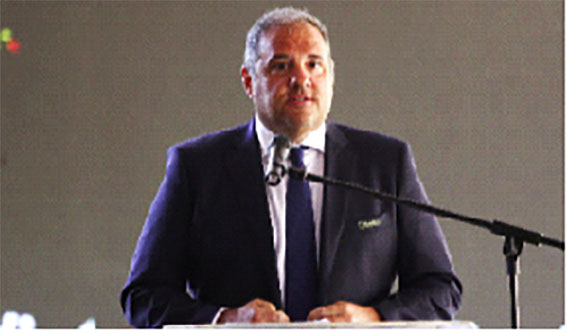MIAMI, Florida, CMC – Over the course of the next four years, CONCACAF is set to introduce additional women’s competitions as part of its efforts to assist in the growth and development of the sport in the region.
In a press release issued yesterday, CONCACAF announced an expanded calendar of women’s national team competitions for the 2025 to 2029 international cycle.
Building on the successful delivery of the inaugural Women’s Gold Cup this year and the recently launched CONCACAF Women’s Club Competition, the revamped women’s national team ecosystem, which the CONCACAF Council recently approved, will provide a consistent calendar of competitions for all CONCACAF federations, providing their women’s national teams with regular opportunities to compete on the regional and global stage.
Tournaments will include the Women’s Qualifiers and Women’s Championship, which will serve as the qualification path to the FIFA Women’s World Cup and the Summer Olympic Games, the introduction of an inaugural CONCACAF Women’s Nations League, and a second edition of the Women’s Gold Cup.
CONCACAF developed the competition formats after consulting with key stakeholders and analyzing FIFA’s new women’s international match calendar.
CONCACAF president and FIFA vice-president Victor Montagliani said the additional competitions would give women’s football in the region a “tremendous boost”.
“These tournaments will provide a tremendous boost to women’s football in CONCACAF with a consistent calendar of competitions now in place for 2025 to 2029 which delivers all 41 of our federations with opportunities to grow and thrive on and off the pitch,” Montagliani said.
“We are now five years on from the launch of our CONCACAF W women’s football strategy and much progress has been made, from establishing new competitions to celebrating six of our national teams qualifying for and competing at the last FIFA Women’s World Cup, and of course the delivery of countless coaching and development programs that have provided women and girls across our region with opportunities to engage with the sport.
“We know there remains much more work to do and we are committed to continuing to support our member federations to develop every level of women’s football in CONCACAF,” he added.









